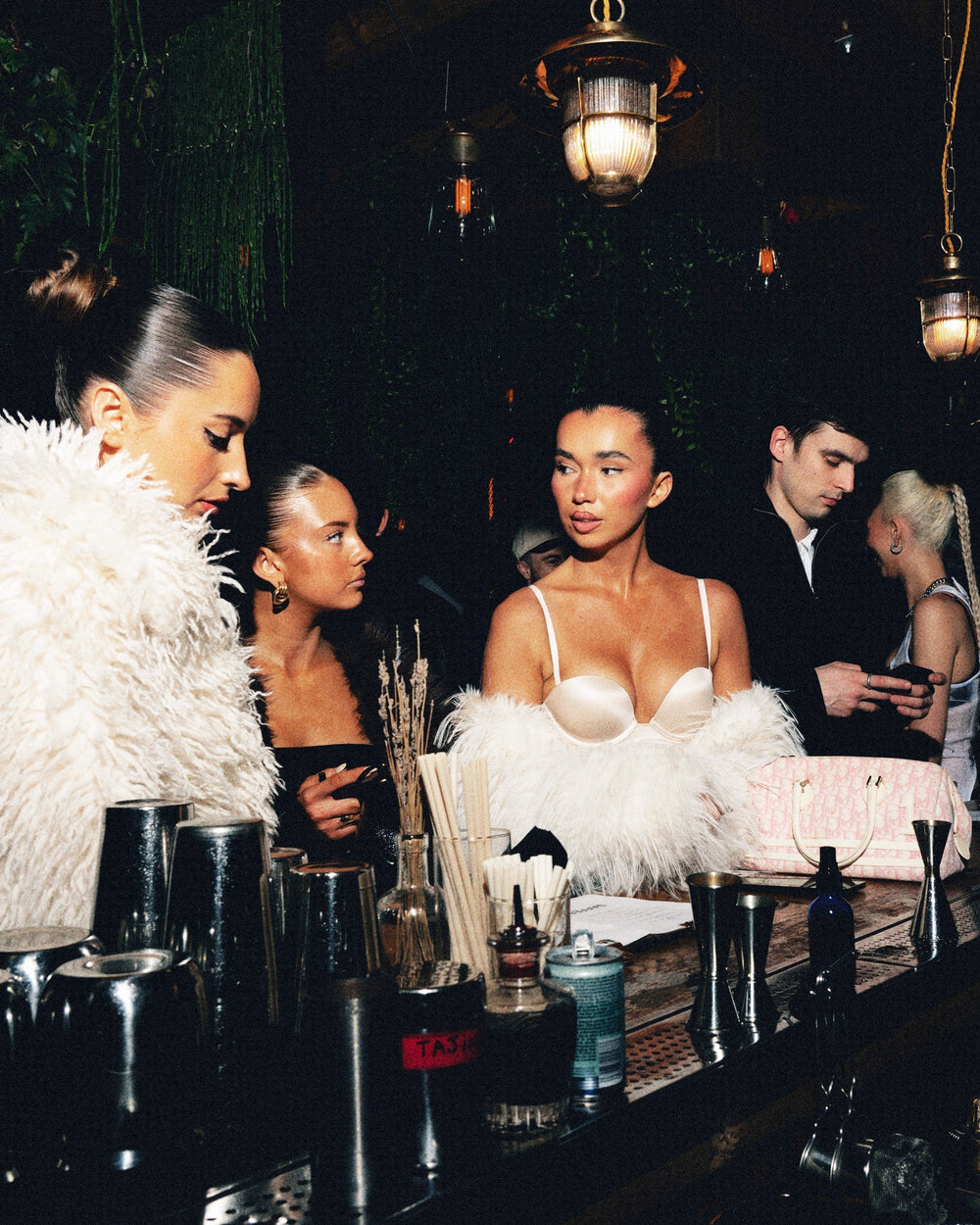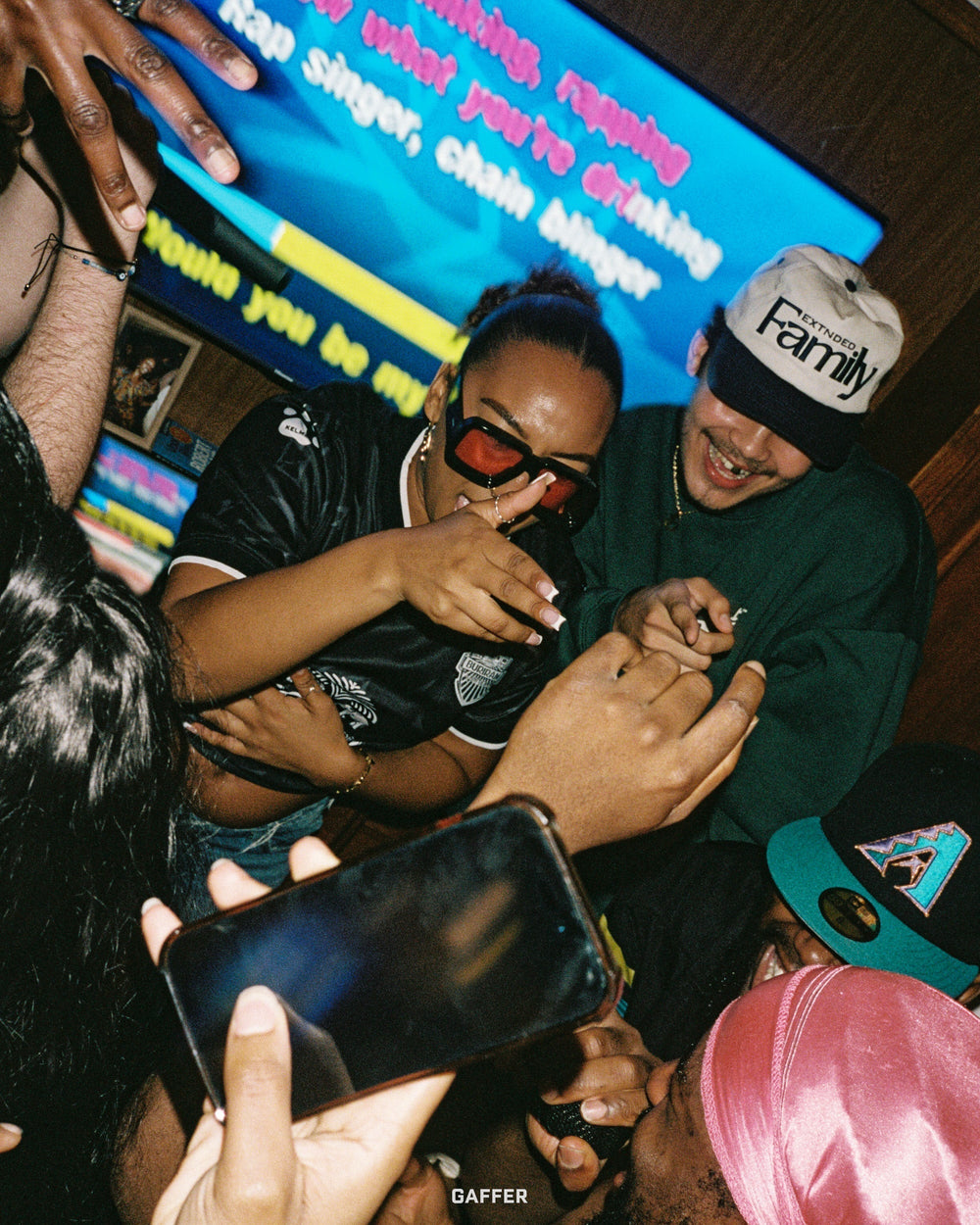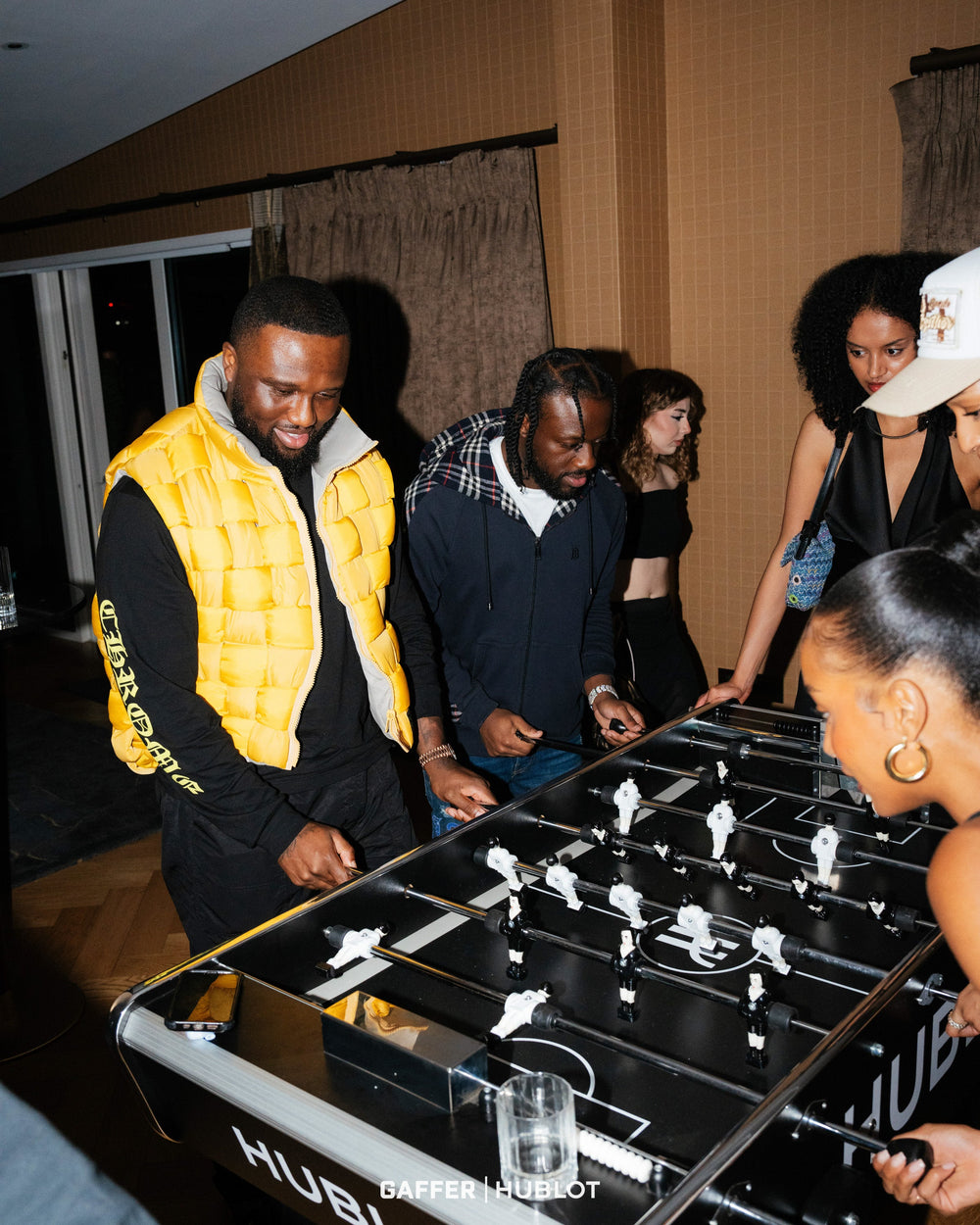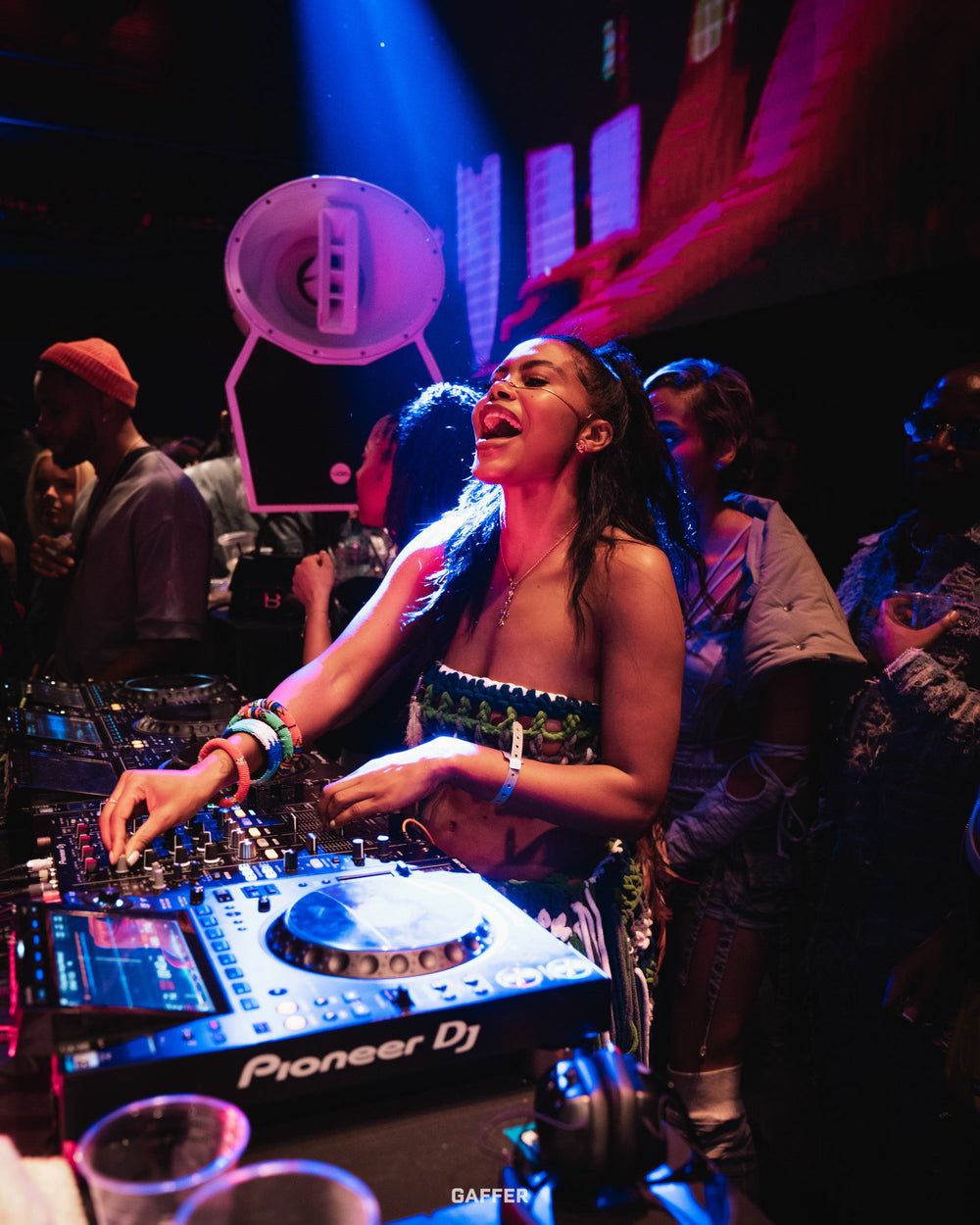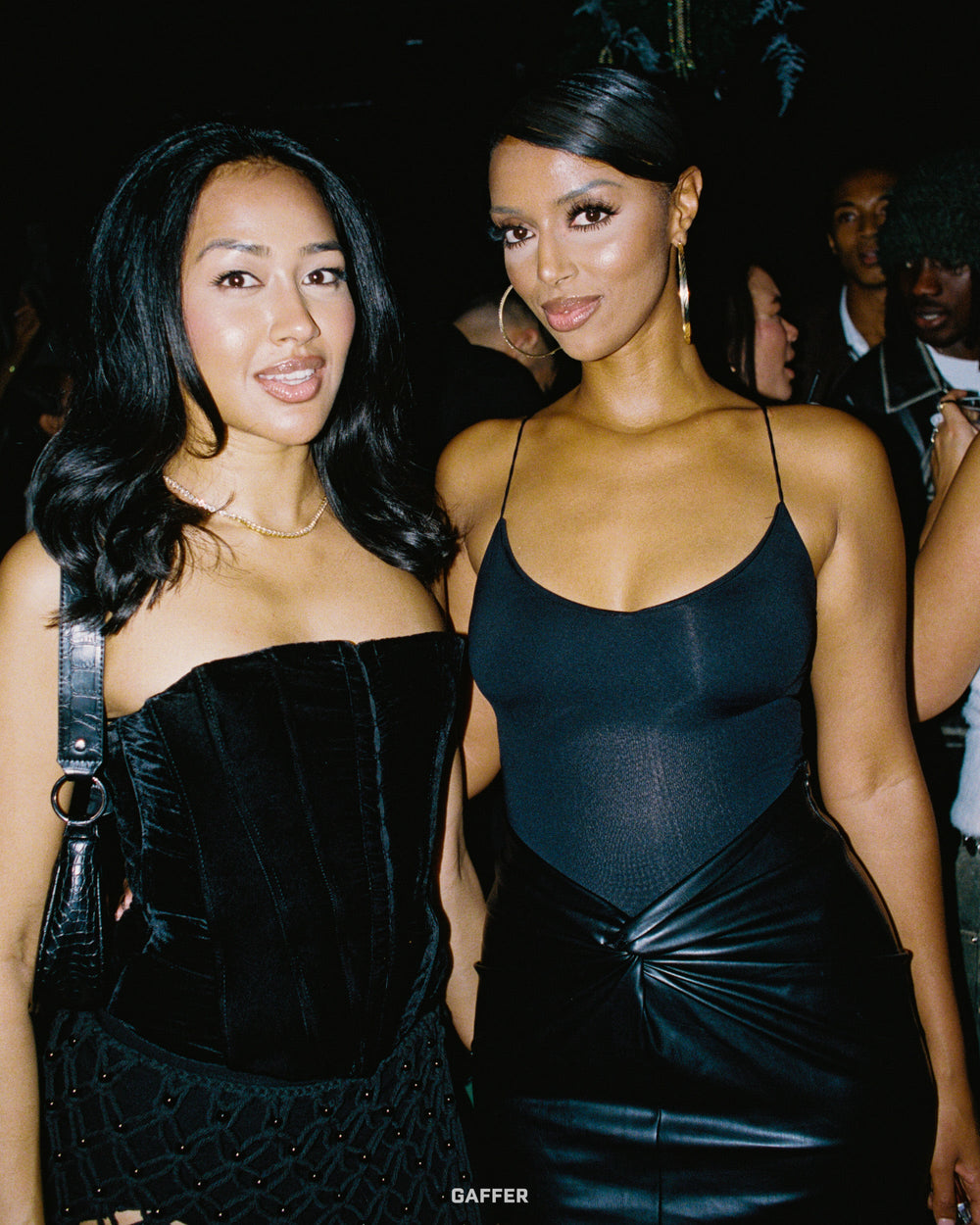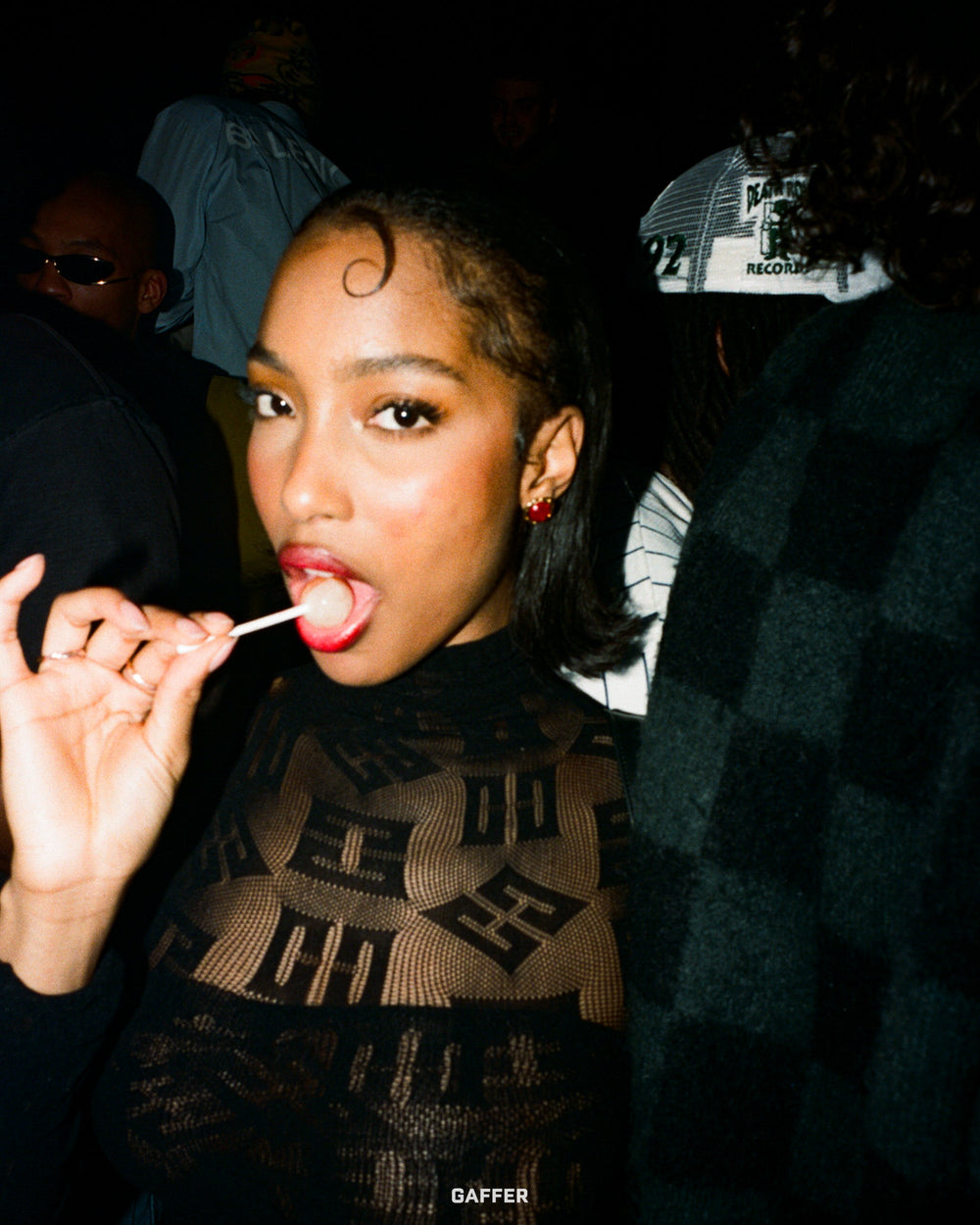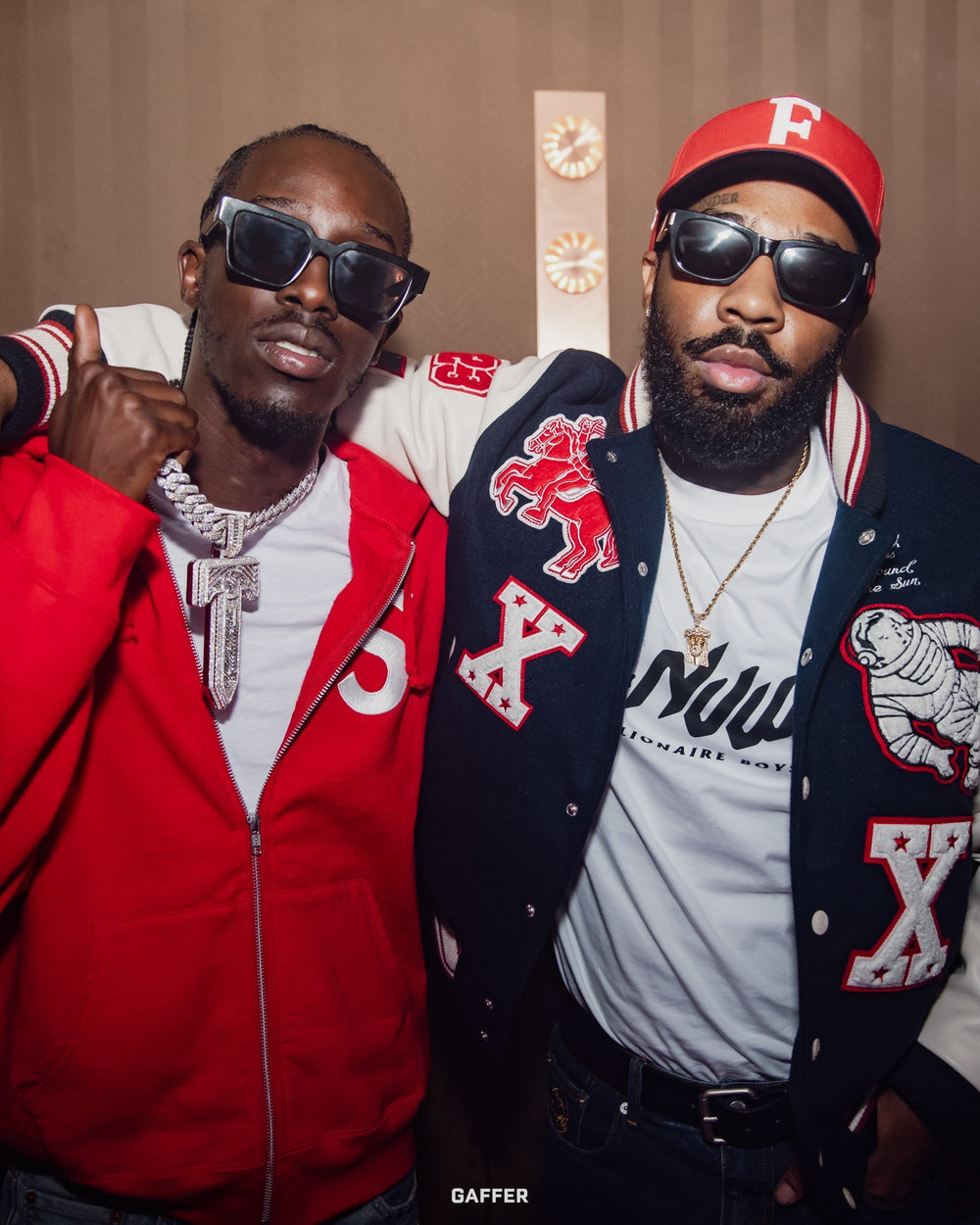“When everything gets normal about women’s football, we’re starting to get there.”
There’s a strong sense of mutual respect for her football peers, and she has watched the US Women’s national team’s fight for equal pay with admiration. “Women should support women – that’s something I always say. We all want the same thing, for women to get the position they deserve. I have huge admiration for people like Rapinoe speaking up because it takes a lot of guts. It’s not easy to stand up for your opinions.”
Growing up in Sunndalsøra, a village tucked between mountains in Norway, Hegereberg didn’t have any female footballers to idolize. Instead she had the same heroes as every other twelve year old doing kick ups in the backyard.
“I’ve been watching Messi and Ronaldo since I was young, and I used to watch the legends in AC Milan, Puyol in Barcelona.” And, obviously, Henry – “because he was such a clinical finisher.”
But she wants the next generation of female footballers to be able to reel off women’s names when they’re talking about their footballing heroes. “I didn’t have those female role models, and that’s what we’re trying to change today.”
Football is a family affair for Hegerberg. Her mum used to coach her sister, her dad used to coach her brother, and her dad was also a coach for her mum in her own football career. “Basically, I had no choice!”
Hegerberg’s sister Andrine is also busy carving out an accomplished football career, having just signed with Roma in Italy’s Serie A. Ada credits Andrine, older by two years, with kickstarting her own football journey.
“We grew up in a small village and she would pull me out with her friends and we would go kicking ball together. She kind of dragged me out on stuff I really didn’t want to at the beginning, but then I got used to it I was like, this is cool!”
“It’s special that we’re both taking part at the highest level of the game,” she continues. “I’m really proud of that.”
Hegerberg has the kind of self assurance that comes with knowing your talents from a young age, and spending your whole life honing them.
“Pressure drives me,” she explains. “I put high stakes on myself as an individual, but also on the team because I know in Lyon, we have the best qualities. You have to push yourself and push each other to reach that potential.”
LEFT: JACKET DRIES VAN NOTEN, HAT VINTAGE. RIGHT:ROLLNECK EDITION, TROUSERS NANUSHKA
It’s a single mindedness that has got her to where she is today, and has been part of her journey as a footballer from the beginning.
“When you find out what you’re good at and what your qualities are, you should put one hundred percent into developing them,” she says. “That’s why it’s so important to know yourself, to know what you’re good at, where you want to go with it, and just put a tonne of belief into it. It can be a tough road and it takes time, but it’s as simple as that.”
Even though she’s playing in the big leagues now, she gets the same feeling when she walks out on the pitch. “I’m 100% convinced that it’s the same feeling as when I was fifteen, because every game has the same importance for me,” she explains. “It’s my biggest passion in life.”
But it’s also so much more than the game itself. “What makes football so special is that it gathers the whole world,” says Hegerberg. “Everyone can play football, everyone can watch football.”
At the heart of it, for Hegerberg, are the people she steps out onto the pitch with.
“I love that feeling of working hard to achieve something as a team. It can be challenging but it’s also the best feeling when you’ve reached a goal together. Those are the best memories I will have in life – those trophies that I won with my teams.”
Hegerberg is on a seemingly unstoppable trajectory to legendary status – you get the sense that it will be her name kids around the world will be saying in the not too distant future as they kick balls around playgrounds and favelas.
For now, football is her world. “I think about football 24/7. It’s driving me every minute – it can be a pain in the ass sometimes!”
But the twenty-four year old is trying not to let it consume her completely. It’s a balancing act – dedication, a lot of discipline, and hard work, but most importantly?
“Have fun playing ball. If you don’t have fun, it’s not worth it!”
And with a double thumbs up, she’s off to lace on her boots and outrun her only real competition – herself.
Like this article? Enjoy all cover features and interviews in Issue 02: Heart and Soul – available now from the GAFFER Online Shop.








